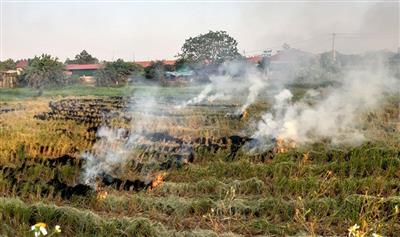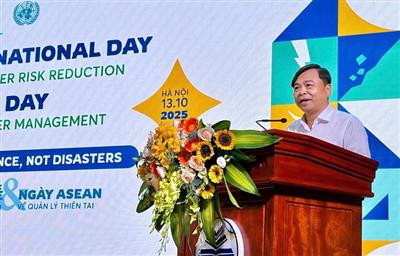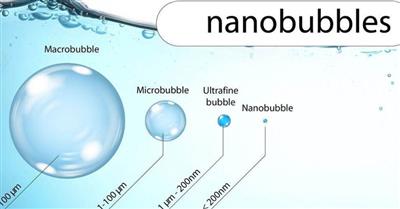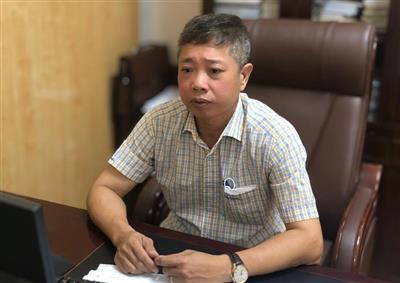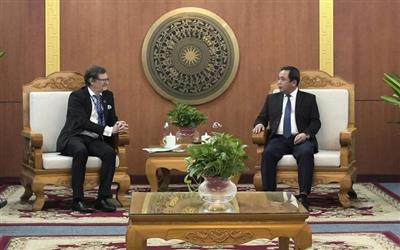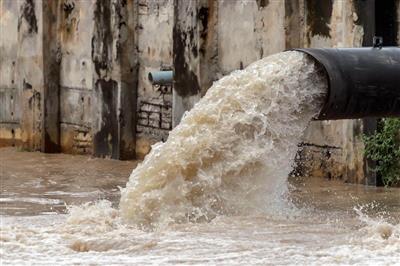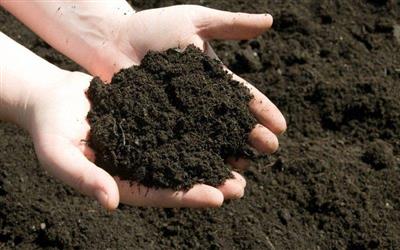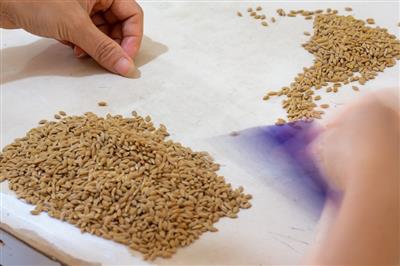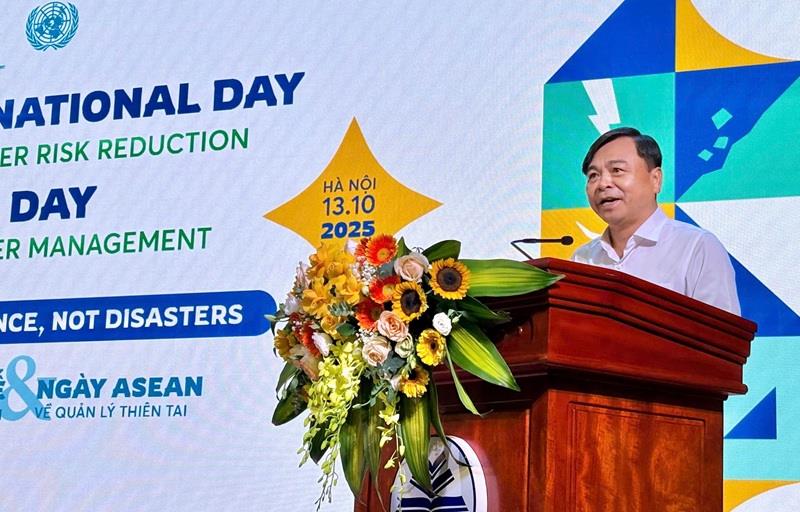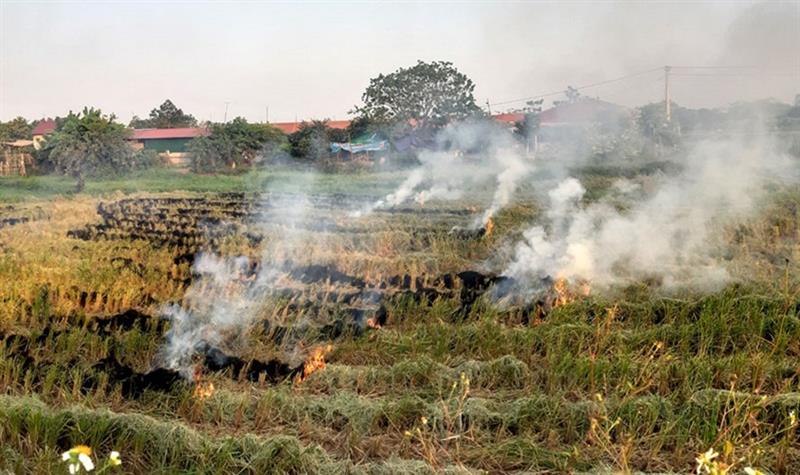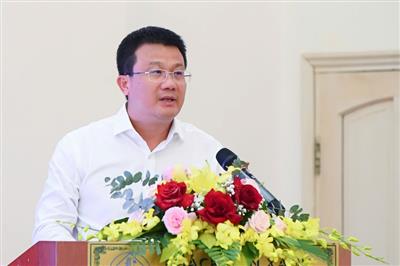
International call to combat illegal waste trade flowing into Asia
05/04/2024TN&MTA recent report, titled " Turning the tide: A look into the European Union-to-Southeast Asia waste trafficking wave", released by United Nations (UN) agencies, exposes Southeast Asia as a significant destination for illegal waste shipments originating from Europe, North America, and other parts of Asia. Jointly issued by the UN Office on Drugs and Crime (UNODC) and the UN Environment Programme (UNEP), the report illuminates how criminal entities exploit legal trade and regulatory gaps to profit financially, marking the first comprehensive examination of this troubling trend.

The UN report, titled "Turning the Tide: Investigating the Wave of Waste Trafficking from the European Union to Southeast Asia," underscores the diversion of illegal waste to countries like Indonesia, Malaysia, Thailand... presenting a substantial regional challenge
Illegal waste imports in ASEAN countries
Between 2017 and 2021, the ten ASEAN nations collectively imported nearly 110 million tonnes of metal, paper, and plastic waste, valued at over $50 billion. With the full implementation of China's waste import ban on January 1, 2018, ASEAN countries witnessed a surge in waste and scrap imports, rising from 16.7 million tonnes in 2017 to almost 20 million tonnes in 2018—an approximate 20% increase.

This upward trajectory persisted, reaching 26.5 million tonnes in 2021, marking a nearly 58% increase from 2017. Leading importers, including Indonesia, Thailand, and Malaysia, experienced heightened import volumes post the 2018 China ban. While Malaysia sustained steady increases, with respective increments of around 3.4 million tonnes and 3.04 million tonnes in 2021 compared to 2017, Indonesia reported a decline of 1.46 million tonnes in 2020, likely influenced by COVID-19 or national policies restricting waste importation.
Despite a slight dip in 2020 to $9.3 billion, the value of waste imports by ASEAN nations rose to $13.5 billion in 2021. Thailand, Indonesia, and Malaysia remained key importers by value, alongside Singapore, which ranked third in ASEAN for the 2017–2021 period, reaching almost $3.5 billion in 2019. Together, Thailand, Malaysia, Vietnam and Indonesia accounted for 96.6% of total waste imports.

Primary exporters to ASEAN during this period included the United States, Japan, Australia, the United Kingdom, and Hong Kong (China), with several European countries ranking among the top 25 exporters. Ferrous waste constituted the majority by quantity (48.5%), followed by paper waste (40.2%), plastic waste (5.9%), and aluminum waste (3.9%). Regarding import value, key types of waste included ferrous waste and scrap, precious metal waste and scrap, paper waste and scrap, aluminum waste and scrap, copper waste and scrap, and plastic waste.
Combating waste trafficking
The report underscores the profound impact of China's ban on the importation of 24 types of solid waste in 2018 on waste trafficking dynamics within the ASEAN region. With China closing its doors to such imports, several countries in Southeast Asia have emerged as primary destinations for this waste influx. Recognizing the escalating issue of illegal waste trafficking, Southeast Asian nations have taken proactive steps to safeguard their waste management systems through policy interventions and stricter regulations.

ASEAN's firm stance on addressing the transboundary movement of waste, supported by key policy declarations and international cooperation, has been crucial. In 2017, ASEAN issued a Joint Declaration on Hazardous Chemicals and Wastes Management, urging member states to enhance collaboration towards establishing environmentally sound systems for managing hazardous chemicals and waste. Subsequently, in 2019, the ASEAN Foreign Ministers' Statement emphasized the imperative for all states to undertake measures to combat illegal transboundary movements of hazardous waste in Southeast Asia.
While all ASEAN member states are signatories to the Basel Convention, ratification of the Basel Convention Ban Amendment—which prohibits hazardous waste exports from European Union Member States, OECD countries, and Liechtenstein—remains limited. Only Brunei Darussalam, Indonesia, Malaysia, and Thailand (as of 2023) have ratified the Ban Amendment. Challenges persist in managing plastics and e-waste, with incomplete regulations and limited management capacity across the region, although certain countries have made strides in developing robust regulatory frameworks.
Additionally, most ASEAN member states have ratified the Rotterdam Convention on pesticides and industrial chemicals, as well as the Stockholm Convention on persistent organic pollutants and the Minamata Convention on mercury. However, challenges remain in effectively implementing the provisions of these conventions, particularly concerning waste disposal and the safe management of mercury waste.
To adhere to the Basel, Rotterdam, Stockholm, and Minamata Conventions, ASEAN member states have enacted national laws regulating the import, export, production, and use of hazardous waste and chemicals. These laws encompass provisions for waste classification, prohibition, and punishment of violations related to transboundary movement, as well as procedures for Prior Informed Consent and environmentally sound waste management. However, challenges persist in effectively enforcing these laws due to resource constraints and limited institutional capacity.
Furthermore, ASEAN member states have ratified agreements such as the United Nations Convention Against Transnational Organized Crime (UNTOC) and the United Nations Convention Against Corruption (UNCAC), which are relevant to addressing illegal activities related to hazardous waste trafficking and corruption in the waste management sector. Although these agreements are not specifically tailored to combat waste crime, they play a crucial role in promoting international cooperation and enhancing transparency and accountability.
Despite efforts to combat waste crime and trafficking, challenges remain in cross-border cooperation, corruption prevention, and money laundering mitigation. ASEAN member states have enacted laws and regulations to combat money laundering and corruption, but effective implementation and enforcement remain areas of concern, particularly concerning environmental laws such as waste management.
Mutual legal assistance among ASEAN member states is critical in prosecuting waste offenses, with all member states having enacted national laws on mutual legal assistance in line with the ASEAN Mutual Legal Assistance Treaty. However, the full and effective implementation of these frameworks is essential to promote regional cooperation in combating transnational crime.
Integrated strategies for ASEAN nations
The report also presents a comprehensive set of solutions aimed at combating waste trafficking in ASEAN countries. These solutions encompass various critical areas:
1. Strengthening national legal frameworks to provide a robust legal basis for tackling waste trafficking.
2. Enhancing enforcement measures and fostering cooperation among domestic agencies to effectively enforce laws and regulations.
3. Promoting robust international collaboration to address the transboundary nature of waste trafficking and enhance information sharing and cooperation among countries.
4. Developing expertise and enhancing capacity among relevant stakeholders to effectively address waste trafficking challenges.
5. Improving data collection, harmonization, and dissemination to enhance understanding of the scale and dynamics of waste trafficking and facilitate evidence-based decision-making.
These recommendations are rooted in empirical data, extensive research, and consultations with experts, making them relevant not only to ASEAN countries but also to other regions facing similar challenges. While each recommendation addresses specific aspects of waste trafficking, there are inherent connections among them, highlighting the need for a holistic approach. By implementing these strategic measures, ASEAN nations can strengthen their capacity to combat waste trafficking effectively, mitigating its detrimental effects on the environment and society.
In summary, ASEAN member states face significant challenges in addressing waste crime and trafficking, with efforts focused on enhancing regulatory frameworks, strengthening enforcement mechanisms, and promoting regional cooperation. Despite progress, further action is needed to effectively combat waste crime and safeguard the environment across the ASEAN region.
Ngoc Huyen (UNODC)


